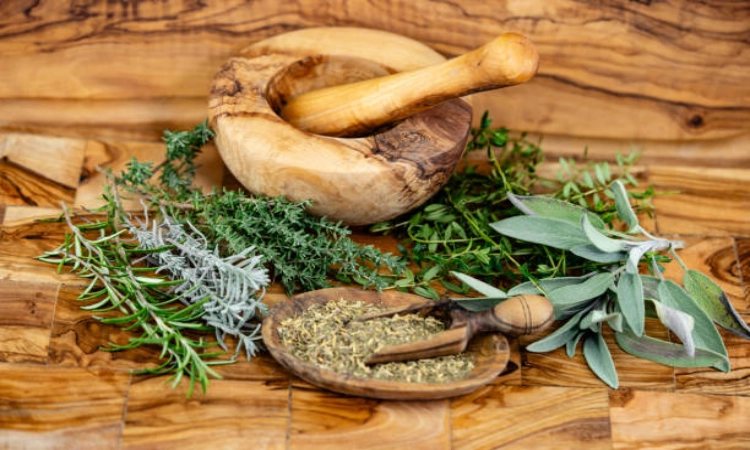You might be surprised to learn that plant protein extracts, sourced from legumes and seeds, are becoming a cornerstone of modern nutrition. These concentrated proteins offer essential amino acids while minimizing calories and fat. As health and sustainability concerns rise, understanding their benefits and how they transform dietary practices is vital. But what exactly distinguishes these extracts from traditional proteins, and how can you incorporate them into your lifestyle effectively?
Understanding Plant Protein Extracts: What They Are and How They’re Made?
Understanding plant protein extracts begins with recognizing their composition and production methods. These extracts are derived from various plant sources, such as peas, soy, and hemp, and are concentrated forms of proteins that provide essential amino acids. A plant protein manufacturer typically employs methods like water extraction, enzymatic hydrolysis, or mechanical pressing to isolate these proteins. Each method affects the final product’s purity, flavor, and functionality.
Nutritional Benefits of Plant Protein Extracts
While you might associate protein primarily with animal sources, plant protein extracts offer a range of nutritional benefits that are increasingly recognized in modern diets. These extracts, often derived from organic ingredients like peas, hemp, and brown rice, provide essential amino acids necessary for muscle repair and growth. They’re generally lower in calories and fat compared to animal proteins, making them ideal for weight management. From muscular tissue support to far better digestion, plant protein removes supply everything, get more info and find out just how to integrate them into your regimen.
Environmental Impact: Why Plant Proteins Are a Sustainable Choice?
As climate change and environmental degradation become increasingly pressing issues, opting for plant proteins emerges as an essential choice for sustainable nutrition. Unlike animal-based proteins, plant proteins require considerably fewer resources, including water and land, while producing lower greenhouse gas emissions. Studies indicate that growing legumes and grains for protein can reduce the carbon footprint compared to livestock farming.
Incorporating Plant Protein Extracts Into Your Diet: Tips and Recipes
Incorporating plant protein extracts into your diet can enhance not only your nutritional intake but also your overall health. Start by selecting organic plant protein extracts, which often contain fewer additives and higher nutrient density. You can easily add these extracts to smoothies, oatmeal, or even baked goods for a protein boost. For a savory option, try mixing pea protein powder into soups or sauces. Purchasing plant extracts wholesale can reduce costs, making it easier to experiment with different sources like hemp, quinoa, or brown rice protein.
Conclusion
In conclusion, embracing organic plant extracts is like inviting a refreshing perspective into your diet. Their rich nutrient profile not only supports your health but also dances lightly on the planet, offering a greener alternative to traditional proteins. By incorporating these versatile extracts into your meals, you’re not just nourishing your body; you’re participating in a culinary revolution that champions sustainability. So, why not take the plunge and explore the endless possibilities that plant proteins have to offer?




